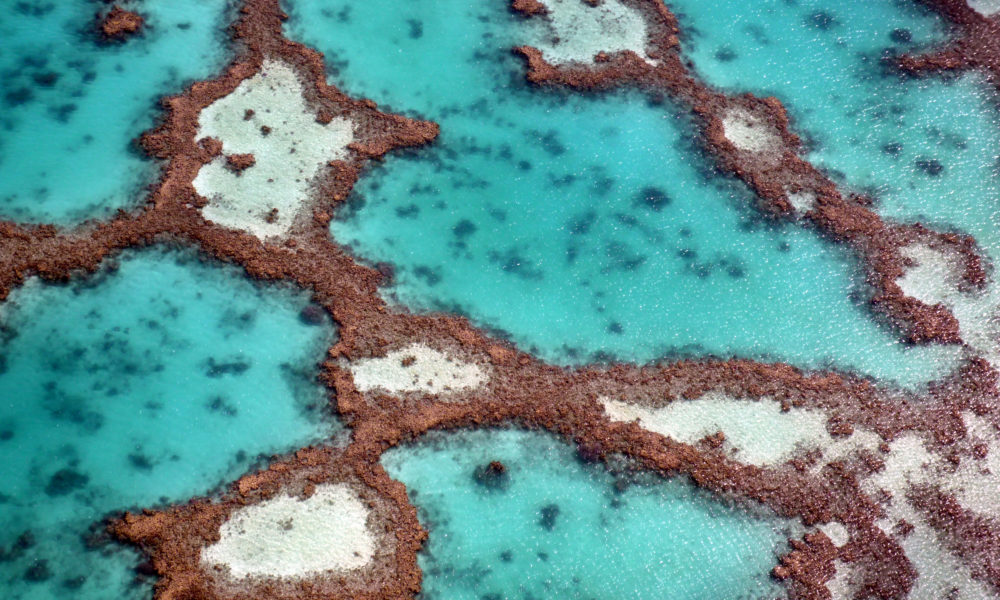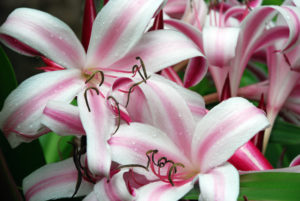
Sunday, April 22, 2018 — dcarsprungli
Celebrate Earth Day on 22 April
Today we commemorate Earth Day. Started in 1970, the celebration has turned into a global event with people far and wide demonstrating just how much they care about protecting the Earth.
There are many ways to get involved:
- If you are not yet familiar with Earth Day and the problems the planet is facing, use this day to learn more about how you can protect it. Issues include water quality and scarcity, air pollution, climate change, endangered species, desertification, forest clearing, and myriad others. So, if you live near a lake or river, learn more about the water quality, who benefits from it, who is at risk because of it, and what you can do to make it better. Alternatively, learn about your local biodiversity and which animals or insects are endangered and what you can do to help them. Or learn about the Arctic and why it is important to save the polar bears.
- Reduce, reuse, recycle. This phrase may appear to be overused, but it is the first big step in helping the planet. Reduce the amount of waste you create. Reuse what is reusable or donate it to someone else to reuse. Recycle everything that is recyclable – cans, glass, plastic, old cloth, rubber, cork, paper, cardboard, etc.
- Take a look around where you live, work and spend time doing recreational activities and target an area for cleanup. For instance, once a month

Seychelles lily
©Danielle Carpenterand after big storms, go out and clean up the trash that has accumulated in the fields and up and down the street. When walking or running in the woods, take along a compostable bag and pick up trash and deposit it in a bin.
- Plant a tree or local wildflowers; create a space for local wildlife in your garden; plant a vegetable garden or join a community garden. Ensure that you use only organic materials in your garden and compost your kitchen waste.
- Join an environmental group – large or small, local or international – such as WWF, or donate to a good cause, such as 4Ocean, where buying a bracelet equals one pound (~500 g) of trash pulled from the ocean; or start your own effort – such as a local group to clean up your neighborhood, save your local river, or develop areas where local wildlife can thrive.
- Switch to locally grown organic foods as much as possible and avoid processed foods. This is as easy as going to local farmers markets to buy your produce, and looking for foods produced on small farms at your grocery store.
This list is far from exhaustive and many organizations and websites provide other ideas:
- Earth Day’s platform to take action
- WWF’s Earth Day site
- United Nations International Mother Earth Day
- wikiHow’s 30+ Fun Things To Do On Earth Day
- Conserve Energy Future’s 25 Different Ways to Celebrate Earth Day
- Inhabitat’s 10 awesome eco-activities to do this Earth Day
- How Stuff Works’s 10 Earth Day Activities to Celebrate Our Planet
- ThoughtCo’s All About Earth Day

